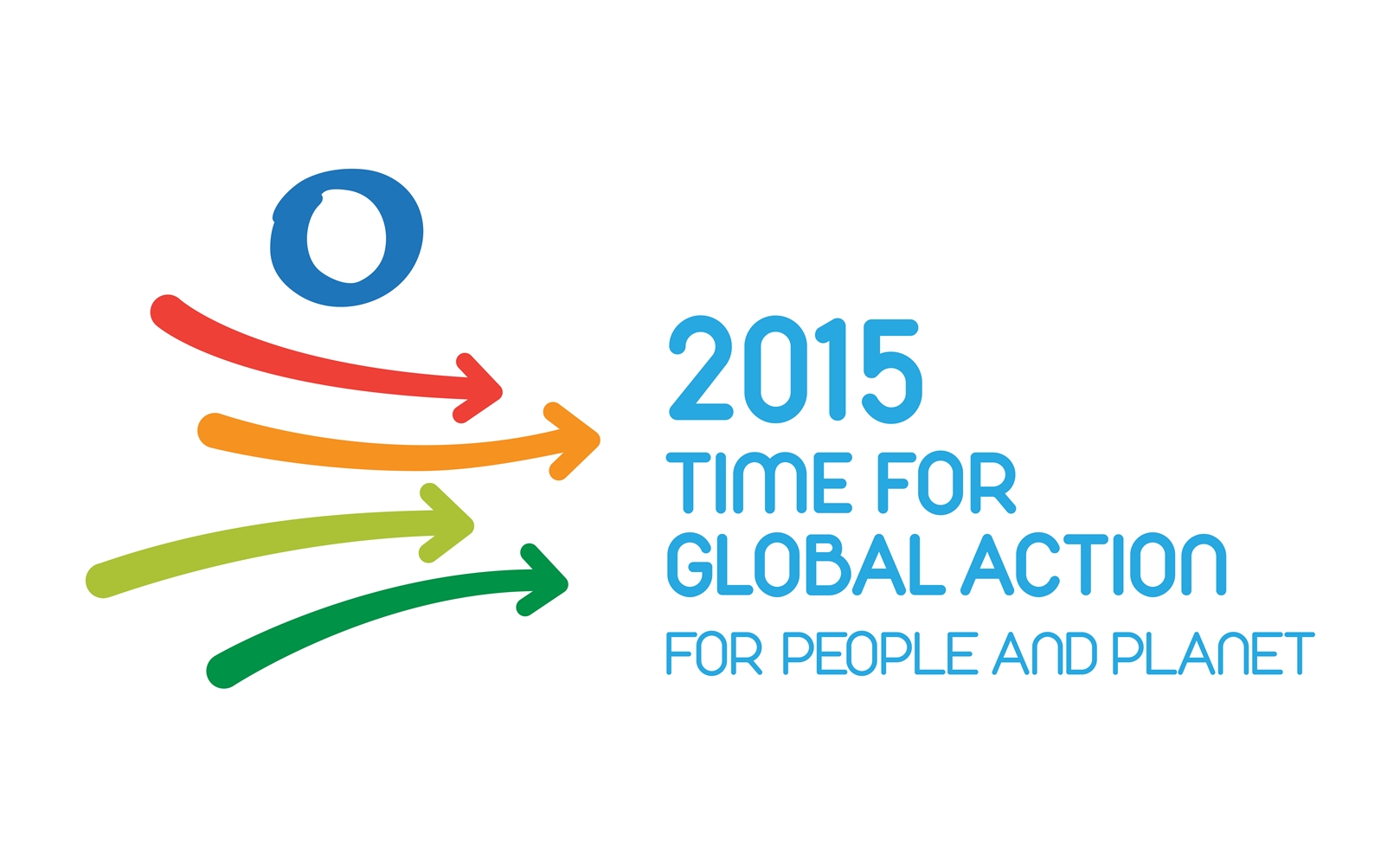The 8 Millennium Development Goals (MDGs) launched in 2000 set 2015 as the target year. On 25 September 2015, the United Nations adopted a new set of 17 global goals, the Sustainable Development Goals (SDGs) to replace the MGDs. SDGs aim to end poverty, protect the planet, and ensure prosperity for all.
SDGs are the result of a negotiation process that involved the 193 UN member states and also unprecedented participation of civil society and other stakeholders.
It is specifically pointed out that eradicating poverty is an indispensable requirement for sustainable development. To this end there must be promotion of sustainable, inclusive and equitable economic growth, creating greater opportunities for all, reducing inequalities, raising basic standards of living, fostering equitable social development and inclusion, and promoting integrated and sustainable management of natural resources. Hence the SDGs cover a wide range of issues related to international development. Each goal has specific targets to be achieved over the next 15 years.
The SDGs are:
- End poverty in all its forms everywhere.
- End hunger, achieve food security and improved nutrition and promote sustainable agriculture.
- Ensure healthy lives and promote well-being for all at all ages.
- Ensure inclusive and quality education for all and promote lifelong learning.
- Achieve gender equality and empower all women and girls.
- Ensure access to water and sanitation for all.
- Ensure access to affordable, reliable, sustainable and modern energy for all.
- Promote inclusive and sustainable economic growth, employment and decent work for all.
- Build resilient infrastructure, promote sustainable industrialization and foster innovation.
- Reduce inequality within and among countries.
- Make cities and human settlements inclusive, safe, resilient and sustainable.
- Ensure sustainable consumption and production patterns.
- Take urgent action to combat climate change and its impacts.
- Conserve and sustainably use the oceans, seas and marine resources.
- Protect, restore and promote sustainable use of terrestrial ecosystems, sustainably manage forests, combat desertification, halt and reverse land degradation, halt biodiversity loss.
- Promote peaceful and inclusive societies for sustainable development, provide access to justice for all and build effective, accountable and inclusive institutions at all levels.
- Revitalize the global partnership for sustainable development
The elements underpinning the SDGs are described as:
- People – to end poverty and hunger, and to ensure that all human beings can fulfil their potential in dignity and equality.
- Planet – to protect the planet from degradation.
- Prosperity – to ensure all human beings can enjoy prosperous and fulfilling lives.
- Peace – to foster peaceful, just and inclusive societies.
- Partnership – to mobilize means to implement this agenda.
Implementation of the new development agenda will rely on countries’ own policies, plans and programmes. The follow-up and review process will be undertaken on an annual basis by UN. [UN]
Meditation on Scriptures:
“The lions roar for their prey and seek their food from God.
The sun rises, and they steal away;
they return and lie down in their dens.
Then people go out to their work,
to their labor until evening.
How many are your works, Lord!
In wisdom you made them all;
the earth is full of your creatures.
There is the sea, vast and spacious,
teeming with creatures beyond number—
living things both large and small.
There the ships go to and fro,
and Leviathan, which you formed to frolic there.
All creatures look to you
to give them their food at the proper time.”
(Ps. 104:21 – 27)
God’s plan and works in caring for all creatures and environment should inspire and guide the nations’ global sustainable development agenda.
Pray that:
- All countries will faithfully use SDGs as a compass for aligning their development strategies to promote welfare for their peoples.
- Civil society groups around the world continue to raise their voices and advocate for sustainable development.





